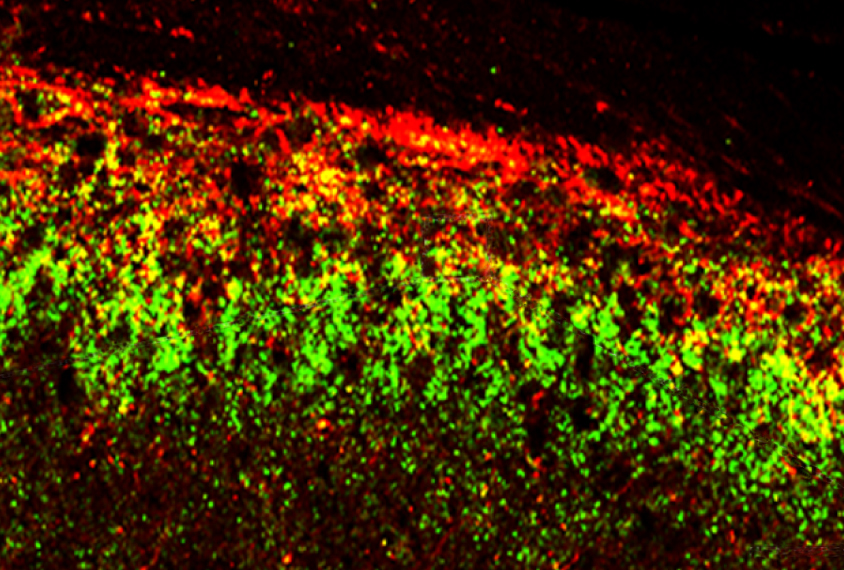
Ann Griswold
Science writer
From this contributor
Sex and other foreign words
People with autism fall in love. They marry. They even (gasp) have sex. Yet these deeply human needs have mostly gone ignored by scientists.
Many people with harmful genetic variants show no ill effects
Most adults with genetic variants tied to certain conditions, such as heart disease or cancer, go undiagnosed.

Many people with harmful genetic variants show no ill effects
This is a story of autism in small-town America
Rural living can be wonderful: community, friendly faces, a slower pace of life. But when there’s autism in the family, it can be tough.
This is a story of autism in small-town America
Autism, fragile X follow different developmental paths
Children with autism show an increase in restricted interests in their preteen years that is not seen in those with fragile X syndrome.

Autism, fragile X follow different developmental paths
Autism gene may double as pain processor
SHANK3, a leading candidate gene for autism, helps sensory neurons in mice respond to pain.
Explore more from The Transmitter
Mitochondrial ‘landscape’ shifts across human brain
Evolutionarily newer regions sport mitochondria with a higher capacity for energy production than older regions, according to the first detailed map of the organelles in a tissue slice, adding to mounting evidence that the brain features a metabolic gradient.

Mitochondrial ‘landscape’ shifts across human brain
Evolutionarily newer regions sport mitochondria with a higher capacity for energy production than older regions, according to the first detailed map of the organelles in a tissue slice, adding to mounting evidence that the brain features a metabolic gradient.
Expediting clinical trials for profound autism: Q&A with Matthew State
Aligning Research to Impact Autism, a new initiative funded by the Sergey Brin Family Foundation, wants to bring basic science discoveries to the clinic faster.

Expediting clinical trials for profound autism: Q&A with Matthew State
Aligning Research to Impact Autism, a new initiative funded by the Sergey Brin Family Foundation, wants to bring basic science discoveries to the clinic faster.
This paper changed my life: Shane Liddelow on two papers that upended astrocyte research
A game-changing cell culture method developed in Ben Barres’ lab completely transformed the way we study astrocytes and helped me build a career studying their reactive substates.

This paper changed my life: Shane Liddelow on two papers that upended astrocyte research
A game-changing cell culture method developed in Ben Barres’ lab completely transformed the way we study astrocytes and helped me build a career studying their reactive substates.

